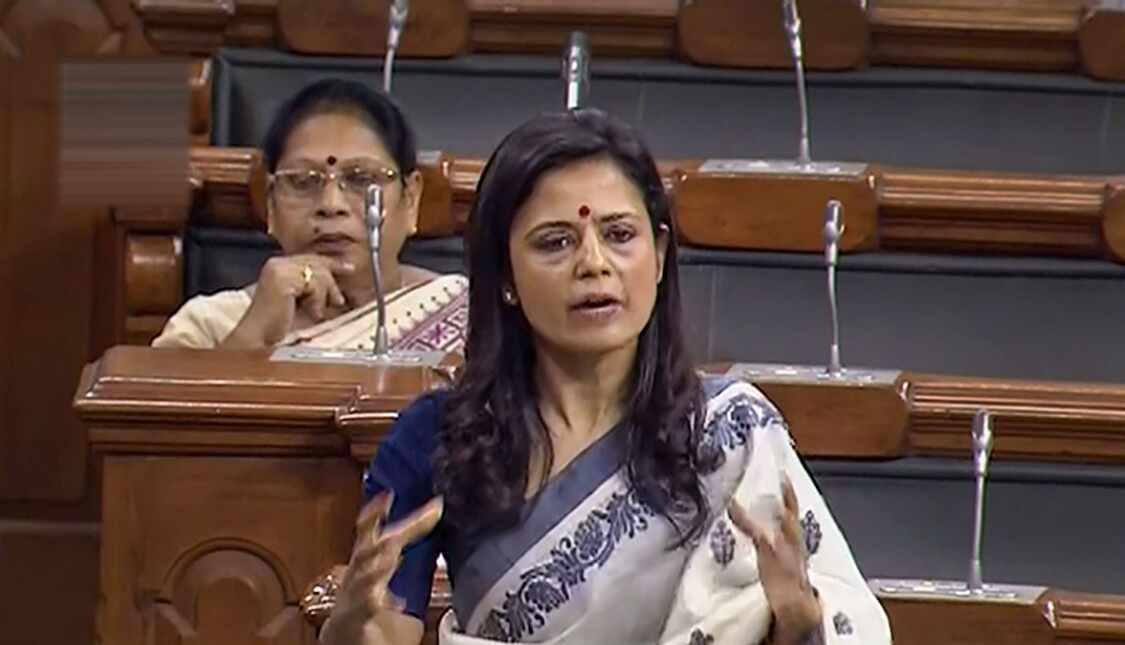A deeper malaise

Nepotism is indeed a malaise that has held back the country for ages from acting upon its potential. It is reminiscent of the feudal character the nation had to live with for years, which remains entrenched in present-day societies in some form or the other. The matters, in recent years, have become worse, not just because of the enhanced scale of the malpractice but also because it has been evolved as a political tool to disgrace and even displace a particular government and individual in power. The very tool the right-wing has mastered over years by consistently challenging the Nehruvian nepotism or dynasty is now being used against them in some cases. The ongoing spat between the TMC MP Mahua Moitra and West Bengal Governor Jagdeep Dhankar has resurfaced the debate over the issue which has been always present below the surface. But unfortunately, the nature of discourse is driven by political antagonism from both sides and not with the vision to address the problem at large. The sense of vengeance must be distinguished here from the resolve to change — the former will fade away in some time like a bubble but the latter can potentially bring about a sea of difference. Right since the TMC has come to power in West Bengal after a landslide victory over the BJP, the Governor of the state has been repeatedly pointing out the "declining law and order situation" in the state. He has been active and direct in attacking Chief Minister Mamata Banerjee on every possible occasion as he takes it as his "constitutional responsibility". In doing so, the Governor was apparently testing the limits of the TMC regime. The ruling TMC MP responded to the quest of improving the situation in Bengal by saying it is possible only after the "Saffron Uncleji" leaves for Delhi with his extended family — referring to the six Officers on the Special Duty which she alleges are close acquaintances of the Governor. Moitra has been scathing in her series of tweet attacks reminding the Governor of his "job description" and reiterating the "saffron link". While Jagdeep Dhankar came up with a rather late response to refute the allegations as factually incorrect, the spat may escalate in proportions further. The TMC MP has skillfully used the right-wing weapon of nepotism as a backfire response. She has been firm on her stance by challenging the governor to sue her for defamation, at the same time, demanding the antecedents of the appointments. Whether or not the charges against Dhankar are established, the debate over nepotism has been sparked and could go on for some time now. Political antagonism apart, there is a need to take this debate to a broader level where it affects the society and polity at large. Given the motivation behind the current conflict, the outcome seems unlikely. The question of the link of nepotism with inequality is largely ignored in the discourse. It requires admission in the first place that a hidden and powerful wall exists in our society that restricts real talents to come forward in politics, or in any sphere, to lead the nation towards efficiency. The historical and societal roots of the malaise are so deep that it will take tremendous effort on the part of the best of the leading minds to weed it out. A more structured and outcome-based debate is the need of the hour. There are leaders — young and seasoned ones — who once determined could make a significant dent. Whether the current debate will strike a chord in the political landscape is highly uncertain but, then again, one could still be hopeful because history is replete with changes brought about by political discords. Apart from explicitly speaking against nepotism, what the TMC MP has challenged in a hidden fashion is the lingering question of the role of the Governor as the "Centre's agent" in a federalist set-up. Even if the charges of nepotism are unproved, a strong and implicit message has been sent as the MP highlighted the "job description" of the Governor. But that is not enough to be content with. The leaders should take this opportunity to lead towards a society that is just and equitable in terms of opportunities. Let politics improve society.



